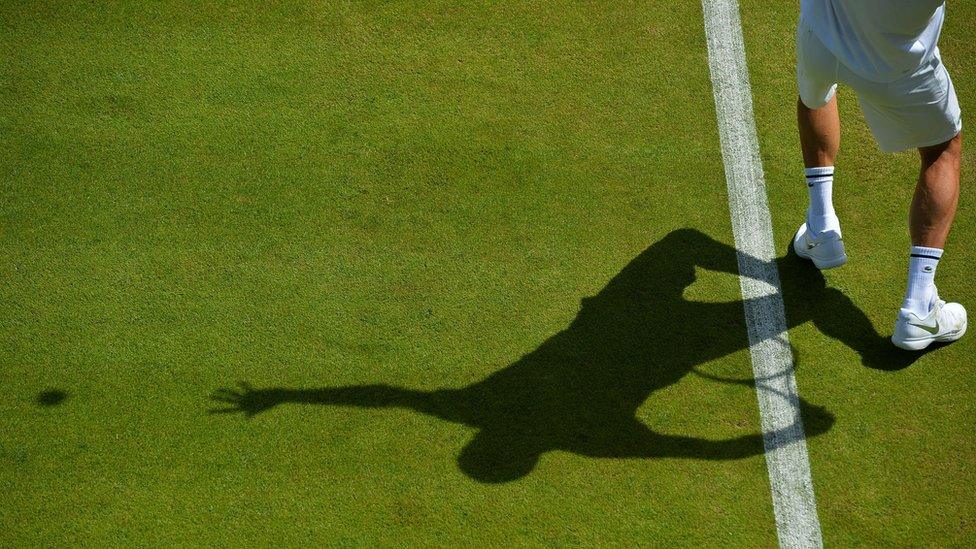Rise in suspicious betting patterns in tennis a concern, says TIU report
- Published
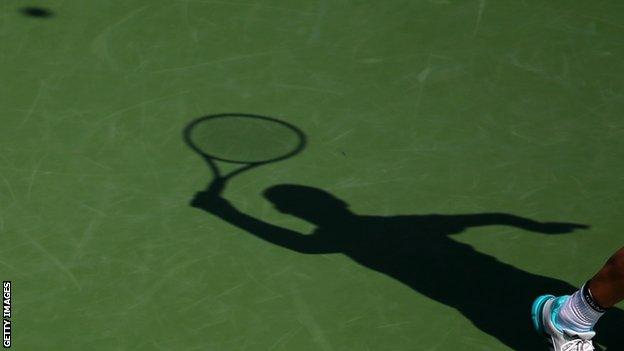
The number of suspicious betting patterns in tennis is on the rise and is a "concern", says the first annual report published by the Tennis Integrity Unit (TIU).
In 2016, nine players and officials were sanctioned as a result of TIU disciplinary investigations.
There were 292 alerts to the TIU last year, with eight of them from Grand Slam, ATP and WTA matches.
In 2015, there were 246 alerts to the TIU.
The TIU said alerts are not proof of corruption, but that all cases have to be investigated.
It added it will continue to review its systems to tackle corruption, "ensuring its provisions and powers are current and relevant".
For example, from 1 January 2017, a player suspected of a corruption offence will be given a provisional suspension, while previously they could continue playing until a disciplinary notice had been served.
Last year, secret files exposing evidence of widespread suspected match-fixing at the top level of world tennis were revealed by the BBC and BuzzFeed News.
The files stated that, over the last decade, 16 players ranked in the top 50 had been repeatedly flagged to the TIU over suspicions they have thrown matches.
All of the players, including winners of Grand Slam titles, were allowed to continue competing.
On Tuesday, former Australian player Nick Lindahl was banned for seven years and fined $35,000 (£28,000) for match-fixing.
Social media abuse 'a growing concern'
The report also adds that the abuse of players through social media is a growing concern and that the TIU will work with players to ensure cases are logged and relevant action is taken against perpetrators.
In 2015, British world number 75 Heather Watson said abuse on Twitter, external had "become such a usual occurrence" she has stopped reading the messages.
She had previously told the New York Times, external that she and her family had received death threats online.
"I think those people, they've got no life," she said. "They're just kind of cowards thinking they can say whatever they want on the internet."
- Attribution
- Published10 January 2017
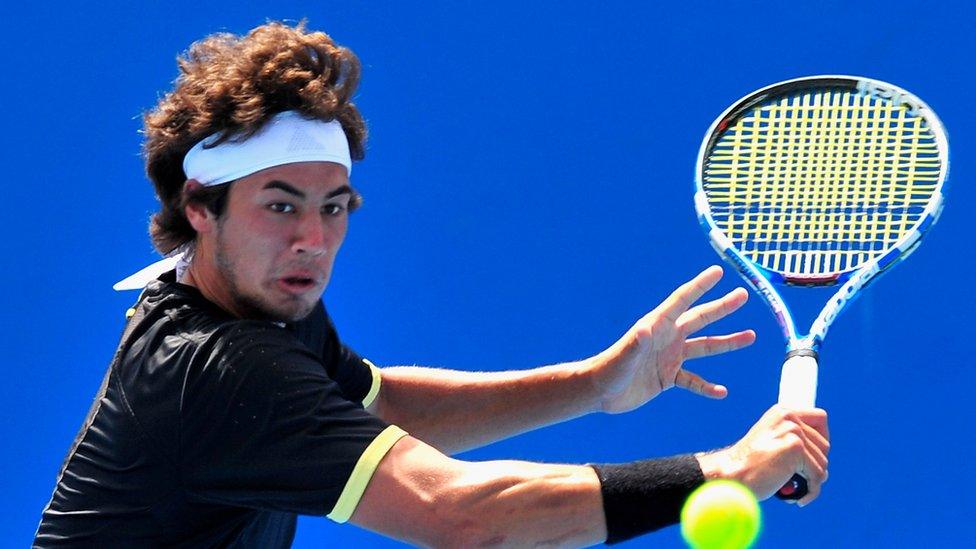
- Published15 March 2016
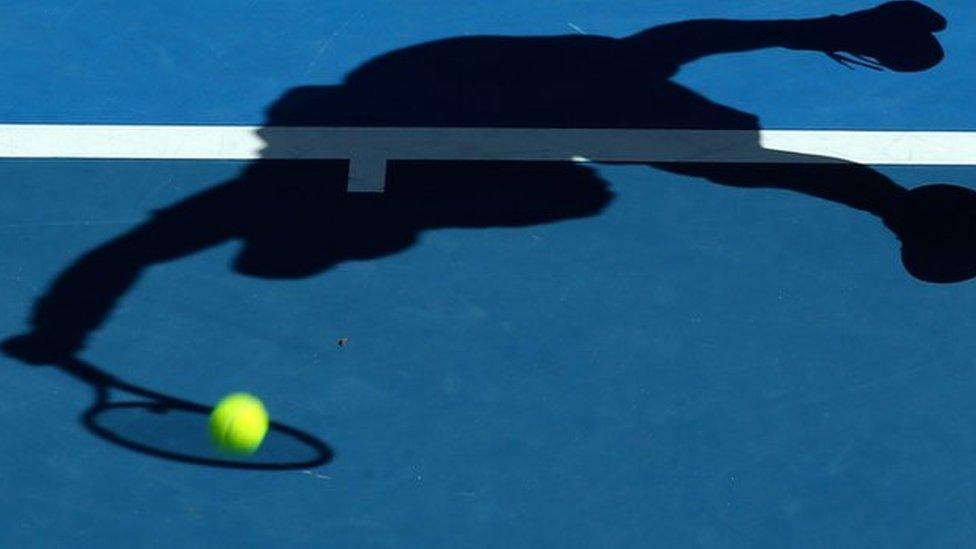
- Published18 January 2016
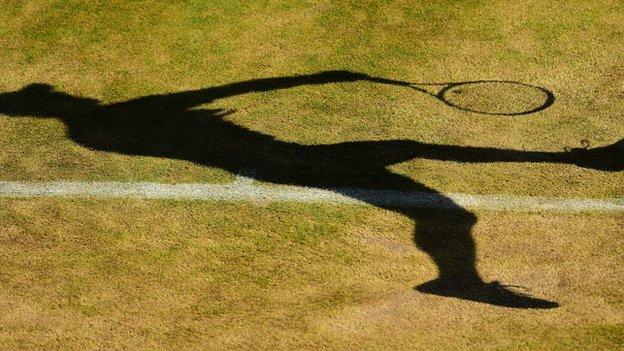
- Attribution
- Published18 January 2016
